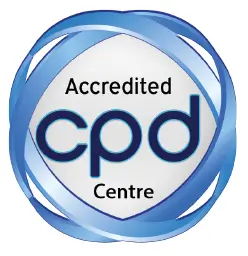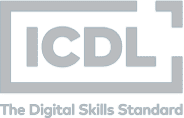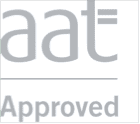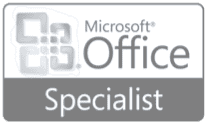- Learn how to use this popular database program
- The flexibility and value of a self-study course designed to enable you to work at your own pace
- A reference guide to use and refer to on completion of the course.
- The opportunity to gain the widely recognised Pitman Training Certificate
The Lesson Plan Content for This Access Course Is Detailed Below:
Lesson One – Including: terminology, working with existing databases, opening a table, query, form and report, entering new records, searching and sorting
Lesson Two – Including: planning and design, relationships, defining fields, data types and properties, creating tables, entering data, re-sizing columns, using the lookup wizard
Lesson Three – Including: defining relationships, creating tables, formatting, modifying, using the input mask wizard, using templates, renaming an object
Lesson Four – Including: editing data, adding records, printing preview, changing page orientation, enforcing referential integrity in a relationship, creating a relationship report, creating a form, working with controls in form design, using AutoFormat, modifying properties in a form
Lesson Five – Including: Using advanced sort, using filters, importing a table from an external database using a junction table to resolve a many to many relationship, defining a composite (primary) key, using a calculated control on a form, creating a multi-value field, creating an attachment field
Lesson Six – Including: using query wizard, setting sort criteria, using expressions to set criteria, creating different types of queries, creating and naming a calculated field in a query using aggregate functions
Lesson Seven – Including: adding a field with data validation in a table, creating a form with subform, entering data using a form/subform combination, creating a split form, creating and modifying the design of a report, using the concatenate expression, adding a subreport to an existing report
Lesson Eight – Including: exporting an html document, understanding object dependencies, importing and exporting a spreadsheet, importing a text file, using the analyze table function, using the analyze performance function, using the database documenter
Lesson Nine – Including: adding and modifying a chart, changing the tab order in a form, displaying the current date and time in a form, applying conditional formatting to a field
Lesson Ten – Including: creating a macro, adding a control button to a form, backing up a database, viewing database properties, compacting and repairing a database, encrypting a database using a password, saving the database as a previous version, splitting a database





















